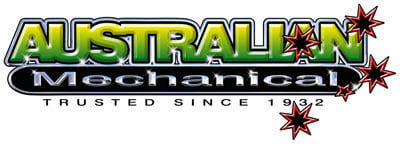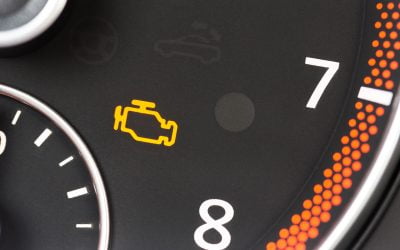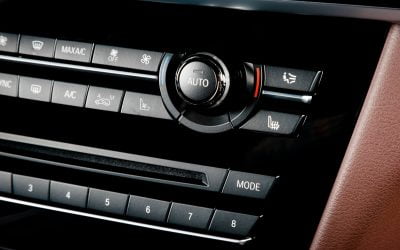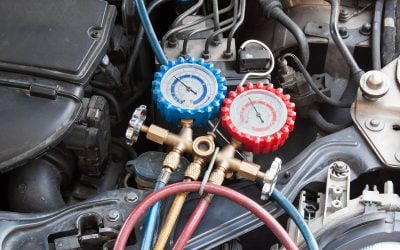Important considerations before you tow
What can you tow?
Maybe your second hand vehicle came with a tow bar fitted or you are having a tow bar fitted to your car. Unfortunately it’s not just a matter of hitching up your boat, caravan or trailer and heading out, there is a lot to know when it comes to towing. Some of the items that you need to consider are:
- Tow ball weight or ball load
- Gross vehicle mass (GVM)
- Gross trailer mass (GTM)
- Gross combination vehicle mass
- Aggregate trailer mass or (ATM)
- Payload
- Tare weight
- Towing capacity (braked & unbraked)
- Maximum (rear) axle load
The rules and regulations around towing are complex. Rather than attempting to explain all of the above items, we recommend a visit to the RACQ website and in particular, this article selecting a trailer/tow vehicle combination.
Calculating payload for towing
Every vehicle has a payload which is how much weight you can carry in the vehicle. Everything you add to your vehicle reduces your payload eg. Bull bar, spotlights, even fuel needs to be taken into account. The tow ball weight of the item you’re towing also reduces your available payload.
It’s easy for a vehicle to become overloaded when towing. You should know how much weight you’re putting into your vehicle when you’re towing a caravan or boat.
If you have an accident when you’re towing and you are over your towing capacity or you are carrying more than the payload capacity of your vehicle, you could be charged or fined.
Most speed wobbles when towing a caravan (the cause of a large number of towing accidents) are caused by too much weight at the rear of the caravan and not enough weight on the tow ball.
Your vehicle suspension plays a role in the towing capacity of your vehicle and must be rated to handle the weight. A vehicle which has a load that’s too heavy may sit up at the front awkwardly which would make the steering light and also decrease breaking performance.
When do you need trailer brakes?
If your trailer is up to 750kg GTM you do not need trailer brakes. Trailers over 750kg and under 2000kg, need to have brakes on at least one axle. Trailers which are over 2000kg GTM need to have brakes on all wheels. These brakes must automatically apply if the trailer becomes detached from the tow vehicle.
Trailers, caravans or boat trailers over 750kg are required to have a roadworthy certificate when changing ownership. These vehicles should also have a yearly service. Australian Mechanical is licensed and qualified to perform safety inspections and certificates as well as servicing trailers up to 4.5 tonnes.
What types of trailer brake system do you recommend?
There are different trailer brake systems available and the best one for your vehicle depends upon the application. The three main types are:
- Breakaway systems: these brakes apply automatically in emergency if the trailer becomes separated from the tow vehicle
- Electric brake systems: these brakes allow the trailer braking force of the vehicle being towed to be adjusted from the drivers seat. This system requires the installation of a control unit
- Override brakes: these brakes are contained within the trailer and are activated when the towing vehicle slows. They cannot be applied independently of the tow vehicle.
If you’re thinking of using your vehicle to tow, have a chat to the friendly team at Australian Mechanical and stay safe on the roads.
Read More Posts
My Check Engine Light Is On, What Do I Do?
If you’re driving your car and the check engine light suddenly pops up, it can be a bit of a scary experience.
How We Test Your Car Air Conditioning For Leaks
We use environmentally friendly leak detection methods to find & fix air conditioning leaks.
How To Tell if Your Car Aircon Needs a Regas
Is your car’s air conditioner not as cold as it used to be? Learn how to tell if your car aircon needs a regas.
Call us on 07 3356 1538
Book your next service or repair today and experience our honest, knowledgeable and friendly service.



